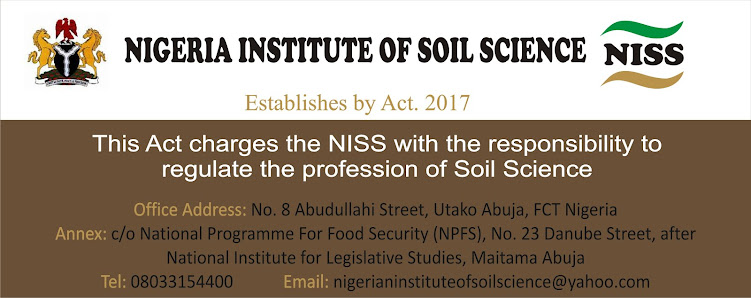 |
| The Minister of Agriculture, Chief Audu Ogbeh after an interface with World Bank team in his office |
Introduction
The story of crops and livestock production in the last
decade will not be completed without making reference to Federal Government
(FG)-World Banking Assisted Fadama Project I, II, and III which has now been
extended to Additional Financing (AF) which is tailored to the present administration’s
economic diversification of eco-system agribusiness commercialization to
empower and create wealth to rural dwellers.
At the inception of
President Muhammudu Buhari administration , the economic re positioning of the
country took a new direction with emphasis on using the real sector of
agricultural production, processing and marketing to create wealth and job for
teeming population , and ensure food
security through commercial productivity of friendly eco system round the year,
using rain-fed and improved irrigation technology.
Fadama III AF under the auspices Federal Ministry of
Agriculture and Rural Development (FMARD) being a model
already on ground therefore had to scale up its implementation strategy to
helping the Government at all levels to achieve its commercialization dream
through an accelerated backward integration, using the New Green Agricultural
policy of the Federal Government initiated by the Honourable Minister, Chief
Audu Ogbeh, even as stakeholders have called for the programme’s expansion so as to be able to accommodate
more farmers across the federation.
At the 2016 National Council of Agriculture (NCA) held in
Kano State, the proposal presented by the Fadama team for the expansion of the
programme to the other States of the federation in addition to the initial six
Core states, namely-Anambra, Enugu, Kano, Kogi, Lagos and Niger in the
production of rice, cassava, sorghum and tomato along the value chains,
received a positive nod of the council members as it was approved for immediate
action.
However, the programme implementation strategy involves
giving support to clusters of farmers in the selected states cultivating crops
in which they have comparative advantage and high potential to increase
productivity of cassava, rice, sorghum and horticulture value chains as
priority crops, and also linking producers to better organized markets
including the staple crop processing zones when established.
The involvement of the cluster groups who are farmers at the
rural areas in all the decisions taking have positively impacted on the
programme as beneficiaries claim ownership responsibility to all the demand
driven infrastructure that are being provided, which is a plus many have
commended Fadama III AF for.
In the two years since President Muhammed Buhari came into office, the agricultural policy
focus of the Fadama III AF has tilted to States concentrating on crops of their
comparative advantage following the
New Green Agricultural policy of FMARD, so as to maximize
productivity and profits, thereby taking agriculture as business with the incorporation
of best agronomic practice through constant training and appropriate use of
inputs cum processing and marketing with lots of successes and achievements
recorded.
Basically, the objective of the programme is aimed to
increasing the income for users of rural land and water resources in the Fadama
areas in a sustainable business manner as report has shown that over 110.097
beneficiaries including 65.679 males (59.2%) and 23,604 females (21.3%) and 21,
657 youths (19.5) have been positively impacted by Fadama III AF activities in the year 2017 alone, and this has
contributed to poverty reduction, boost food security and helped in the key
achievement of Millennium Development Goals (MDGs) as resources are directly
delivered to beneficiary communities in efficient and effective ways.
The best agronomic practice the Fadama III AF exploited gave
a noticeable positive development to the beneficiaries at all the Clusters
Production States as adoption of new technology ranging from improved nursery
practices, green house uses, waste to wealth management, Sawah technology, line
planting and the use of improved rice seed by 19,070 farmers across the six core
states in Nigeria was a plus to the project with the use of e- voucher and
accompanying Advisory services being deployed to farmers in all the
participating states.
Evidence of the Fadama III AF in the rural infrastructure in
the Core states reflected a total numbers of culvert constructed along with
access roads with total numbers of 276 in progression of ( Kogi 28, Anambra 21,
Enugu 138, Kano 56, Lagos 12, Niger 21) while 207.58 Kilometre access road were
also built in a spread order of 51 locations including ( Enugu-56.89km,
Kogi-35.82Km, Lagos-13.6Km, Kano-35.15Km and Niger-31.1 Km).








No comments:
Post a Comment